Med Serve is a program through AmeriCorps that allows students interested in pre-health careers, such as becoming a physician or a physician's assistant, to serve for two years at a clinic in North Carolina. All the clinics focus on primary care in some form or fashion, and fellows serve in different clinical roles as medical assistants, health coaches, scribes, and anything related to that. They also serve in a community health role as health educators, outreach personnel, population health specialists, and more.
Meet Ruby-Kenan Urban Scholar
Meet Taya-Kenan Urban Scholar
Taya is a second-year medical student at the UNC School of Medicine. During her time at AMM, she will be focusing on how AMM’s process of referrals to nephrologists, a doctor who specializes in kidneys, to see how it can help patients, what issues may arise, and how we can better the referral process.
June is Sleep Heath Month at AMM
Meet Nicky: From AMM Employee to Genetic Counselor
Nicky Delgado was a former NC Med Assist program coordinator and patient services assistant at AMM, who is now starting a position as a Genetic Counselor for Duke as part of a research study called “Undiagnosed Diseases Network.” She is a recent graduate of Thomas Jefferson University in Philadelphia with a Master’s in Genetic Counseling. During Nicky’s time at AMM, she coordinated the NC Med Assist applications, worked at the front desk, and helped educate patients on their medications.
May is Mental Health Awareness Month
May is Mental Health Awareness Month, a period devoted to promoting mental health, eradicating stigma, and providing support. Mental health is still stigmatized, misunderstood, and infrequently discussed, despite the fact that everyone is affected differently. This month is an important opportunity of the importance of taking care of ourselves and others, to acknowledge the significance of mental health, and normalize honest conversations about mental health.








